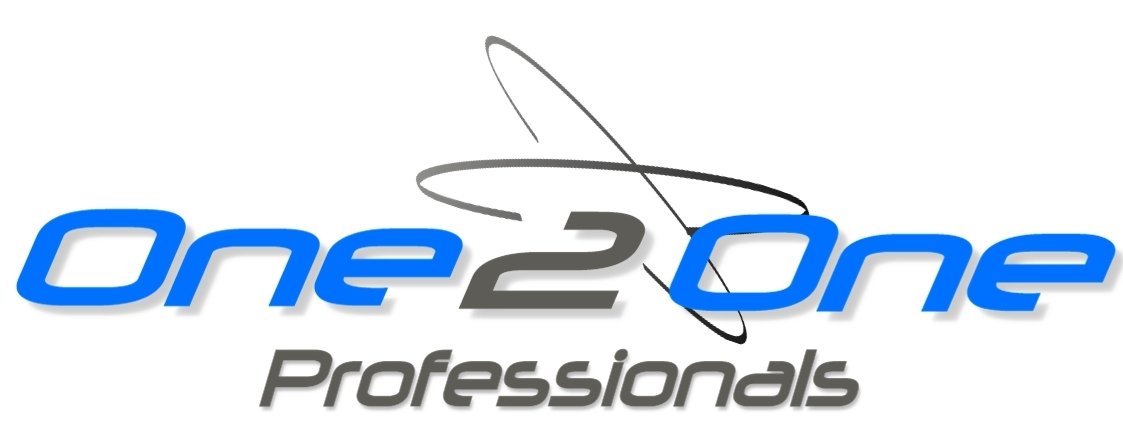A CV is the most important document you need to market yourself professionally and steer your career path successfully.
Taking time to design a strong and powerful CV will pay back with job opportunities and a priceless inner self confidence. It will help you to value your own experience and position yourself uniquely to offer your services to prospective employers.
An ideal CV serves you to land that job interview where you can share and impress with your personality, positive attitude and work experience. The employers need to want to see you in person first and that can only happen with an outstanding CV.
CV –Tips and Advice
A Curriculum Vitae (CV) provides a brief account about you, your work experience and qualifications. It should ideally be two sides of A4 providing key facts and experience areas. It should be well formatted and easy to read. Fancy designs, borders and fonts is not business like so may not help your CV to be selected. However it shows creativity which can be expressed once in the job.
Employers are looking for key skills, attributes and competencies to match their job roles in the company. Key areas on a CV:
- Personal Details
- Personal Professional Profile
- Career history and/or Achievements
- Training/qualifications/Memberships
- Interests
- Reference details
Personal Details
- Name
- Address
- Phone numbers
Note: marital status or date of birth is not required
Personal Professional Profile
- 5-6 Bullet-point descriptive phrases that describe your strengths and attributes
- Statements to reflect the personal qualities that are relevant to the role you are applying for
- Keep the statements simple and clear using professional, concise and intelligent language (avoid abbreviations)
- Ensure you are able to back-up and provide an example for each statement you make
Summary of Experience & Achievements
- Professional statements which explain your experience and/or areas that you specialise within along with key achievements
- Select experience from the last ten years that best fits your capabilities and the needs of the new job
- Try to focus each statement to provide a different example of capability e.g. planning and organising, building relationships, customer focus
- Where possible, quantify or attach context in terms of facts and figures or scale
- If you have limited work history, the achievements do not need to be work related.
Career History/Achievements
- List your history in chronological order, starting with your most current position and makes sure that all employment gaps are accounted for
Education and Qualifications
- List details of schools, colleges and or universities attended along with dates and grades
- Detail professional qualifications, where obtained, grade and date
- Additional training and certifications and relevant memberships
Interests and Other Information
- A brief list to give a personal insight about you. It is useful as an ice breaker in interviews and shows what else you like to do outside of work.
- Include voluntary community activity, participation, any initiatives to develop our interests and charitable engagements.
- Driving license
Reference details
- Required on acceptance of a position.
- Minimum 2 professional references – including the current/most recent employer




